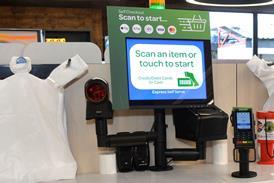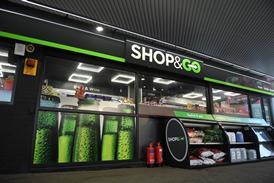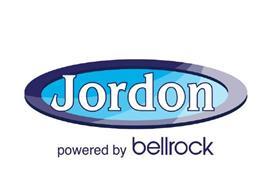Bitter disappointment was clearly the mood of the day last month when the Office of Fair Trading ruled that competition in the petrol retailing sector is working well and needs no further investigation.
But was anyone truly surprised? Whether it investigated the market for four months or four years I doubt it would have come up with any different conclusion, if past inquiries are anything to go by. And the situation is more critical now than it has ever been, with site numbers considerably less than they were at the time of the last OFT report in 1997 (14,748); and supermarkets having grown their share of the market to 39%.
The OFT is, after all, looking at the market from the view of consumer interest. The big players have the financial muscle and resources to offer cheaper fuel prices than the smaller operators. Cheaper prices benefit consumers. Whether due consideration is given to the collateral damage of this situation increased site closures which compromise the nation’s fuel stocks and create fuel deserts is something that will continue to rankle the industry and be the subject of debate in forecourts up and down the land. It doesn’t mean the fight is lost. Thanks to the efforts of the PRA and many independent retailers, there are now plenty of examples of anti-competitive behaviour on file. Those issues can still be tackled on a local basis; and the publicity about market manipulation must help to keep the situation in check.
But most retailers have long accepted that they will never be able to compete head on with the supermarkets and majors on fuel price, and have managed to direct their businesses accordingly otherwise they wouldn’t still be here. On the plus side, the OFT report did dispel the popular media myth about prices rising more quickly than they come down, coined as ’rocket and feather pricing’.
Meanwhile, time to flush away the darkness with a new competition. Do you have the Best Forecourt Loo?























No comments yet